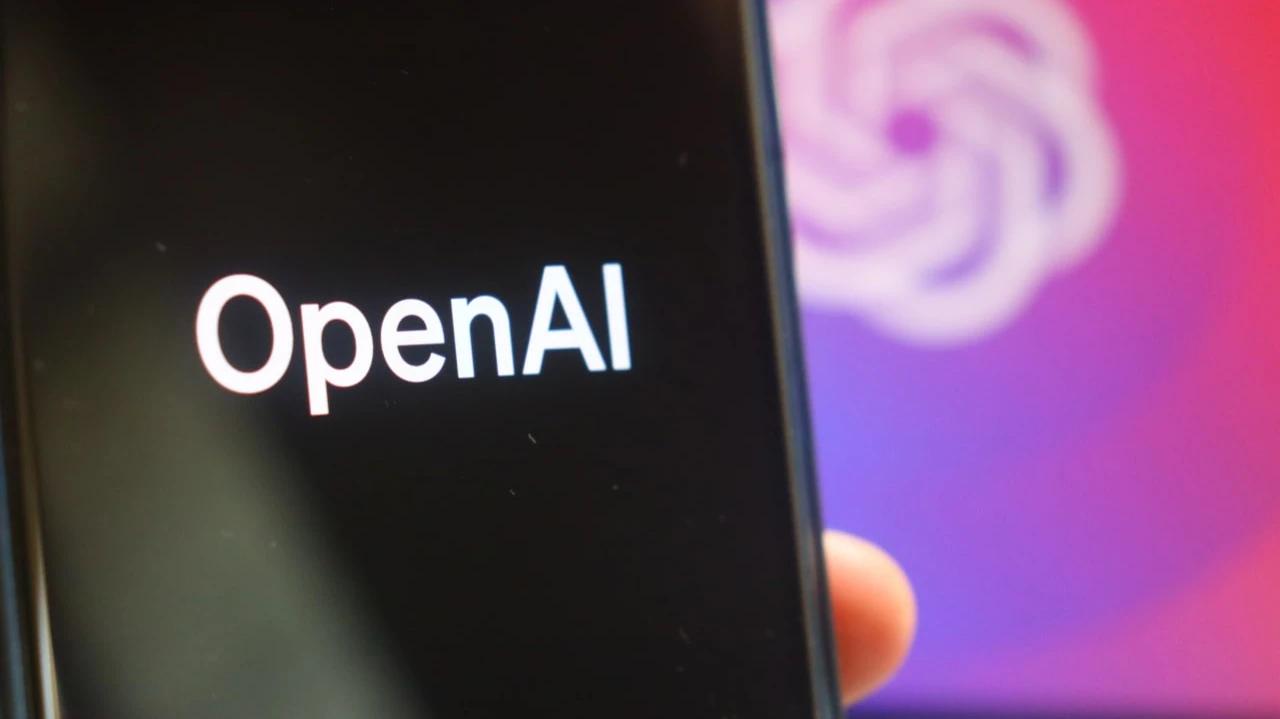Highlights for this morning: US-Japan deal, Trump presses on duties, OpenAI prepares its chip

Donald Trump signed an agreement with Japan, imposing duties of 15% on most imported goods and obliging Tokyo to invest $550 billion in US projects. The US president also threatened "substantial" semiconductor tariffs on companies that do not localize production in the US. OpenAI, together with Broadcom and TSMC, is preparing to release its own AI chip to reduce dependence on Nvidia. These and other topics - in our review of key events by the morning of September 5.
U.S. and Japan strike trade deal amid Tokyo crisis
US President Donald Trump signed an executive order to implement a trade agreement with Japan that provides for basic duties of 15% on most Japanese goods, including cars, CNBC writes. In response, Tokyo agreed to invest $550 billion in projects chosen by Washington and increase purchases of American agro-products, Boeing aircraft and defense equipment.
The deal includes increased U.S. access to the Japanese market in machinery, aviation, agriculture and automobiles. The duties will be applied retroactively from August 2025, and the relaxations on car shipments will take effect a week later. Meanwhile, automakers are warning of multi-billion dollar losses: Toyota forecasts a $10 billion drop in profits, Ford and GM - by $3-5 billion.
The deal coincided with increased political pressure on Prime Minister Shigeru Ishiba. Japan's ruling Liberal Democratic Party has lost seats in the upper house of parliament, and there are calls within the party for a change of leader.
OpenAI is preparing its own AI chip in partnership with Broadcom
OpenAI intends to release its first chip for artificial intelligence in 2026 in partnership with Broadcom, the Financial Times reports. The company plans to use the new processor for internal tasks to reduce its dependence on Nvidia and cut costs.
According to sources, the development is being done in cooperation with Broadcom and contract manufacturer TSMC, and as a complement, OpenAI continues to use AMD and Nvidia products to cover growing computing needs. Finalization of the design of the first generation of proprietary chips is scheduled for the coming months.
OpenAI's move reflects a general trend, the paper notes: Google, Amazon and Meta are already developing their own specialized processors for AI workloads. Broadcom has reported growth in AI infrastructure orders in excess of $10 billion and expects a significant increase in revenue from this area in 2026.
Trump threatens duties on chips
Donald Trump has again threatened to impose "fairly high" duties on semiconductor imports from manufacturers that do not move production to the United States, CNBC writes. At the same time, companies expanding investments in the country, such as Apple, will be able to avoid new fees. At a White House dinner with the heads of Apple, Meta, Oracle and others, Trump emphasized that "if they build factories in the United States, there will be no tariffs."
Washington has been seeking to bring chip manufacturing back home for several years. The industry's biggest players, TSMC and Samsung, have announced hundreds of billions of dollars worth of plants to be built in the US. Apple has previously pledged to invest $600 billion in local production, which Trump said would put it in a "good position" in the face of new duties.
Trump is challenging the independence of the federal agency
Donald Trump has asked the US Supreme Court to allow him to fire the only Democrat on the Federal Trade Commission - Rebecca Kelly Slaughter, Bloomberg writes. The case could lead to a review of the 1935 precedent (Humphrey's Executor), which limited the president's right to fire the heads of independent agencies.
An appeals court had earlier reinstated Slaughter, ruling that the attempt to remove her was illegal because FTC law only allows commissioners to be fired "for cause" (e.g., for dereliction of duty). The Trump administration insists that the president has the constitutional right to remove officials without restriction.
Proponents of overturning the old precedent argue that independent agencies undermine the principle of executive accountability. Opponents, on the other hand, believe that Congress has the right to create structures free from political pressure and focused on expert management.
What's in the markets
- Japan's broad Topix index was up 0.4 percent, while the Nikkei 225 was up 0.6 percent.
- South Korea's Kospi index rose 0.1 percent, while the Kosdaq small-company index gained 0.5 percent.
- Australia's S&P/ASX 200 added 0.4 percent.
- Futures on the S&P 500 rose 0.2 percent, the Nasdaq 100 added 0.4 percent, and the Dow Jones Industrial Average 0.1 percent
This article was AI-translated and verified by a human editor
